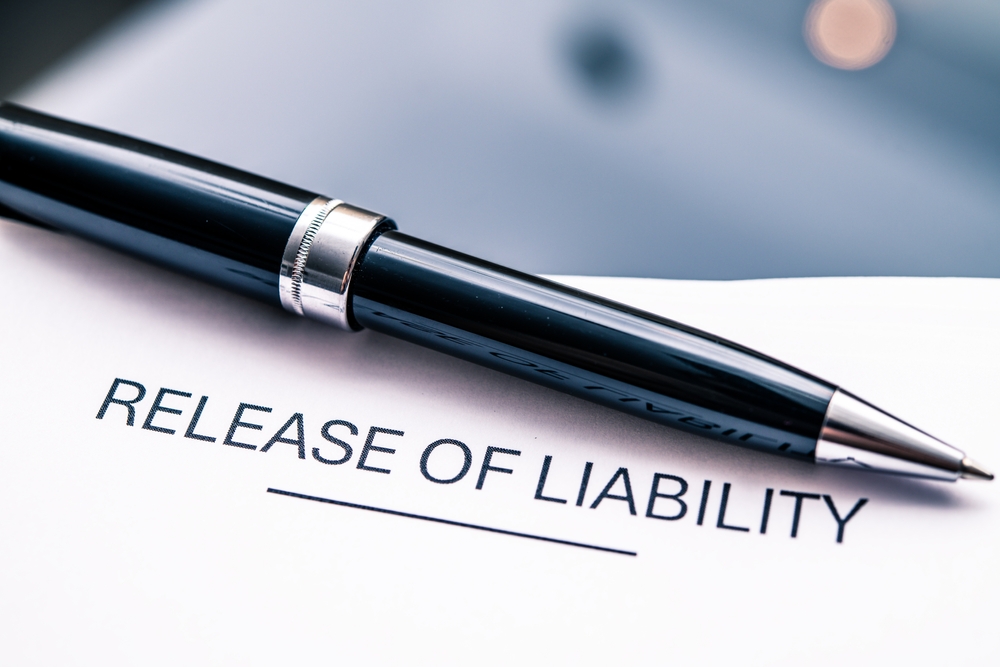 In a 2014 blog post, I reported on Oregon’s expanded product liability statute of repose (“SOR”). The point of that previous blog post was that in 2009 the Oregon legislature made an important revision to its SOR. First, the legislature extended the SOR from 8 years to 10 years. Second, and more importantly, the legislature added a “look away” provision which allows a claimant to extend the SOR further if the state where the product was made or imported into has a SOR longer than 10 years. ORS 30.905(2), as amended in 2010, reads as follows:
In a 2014 blog post, I reported on Oregon’s expanded product liability statute of repose (“SOR”). The point of that previous blog post was that in 2009 the Oregon legislature made an important revision to its SOR. First, the legislature extended the SOR from 8 years to 10 years. Second, and more importantly, the legislature added a “look away” provision which allows a claimant to extend the SOR further if the state where the product was made or imported into has a SOR longer than 10 years. ORS 30.905(2), as amended in 2010, reads as follows:
A product liability civil action for personal injury or property damage must be commenced before the later of:
(a) Ten years after the date on which the product was first purchased for use or consumption; or
(b) The expiration of any statute of repose for an equivalent civil action in the state in which the product was manufactured, or, if the product was manufactured in a foreign country, the expiration of any statute of repose for an equivalent civil action in the state into which the product was imported.
Accordingly, if a product in Oregon is more than 10 years old, the “look away” language in subsection (b) above requires that a determination of the SOR for the State in which the product was manufactured or imported into be made in any product liability claim. If the manufacturing/importing state has a SOR longer than 10 years, the claim in Oregon is not barred. Interestingly, 5 states have SORs longer than Oregon’s and 32 states do not have product liability SORs at all. A question therefore existed regarding what SOR time period to apply if the state where the product was manufactured/imported does not have a SOR.
In Miller v Ford Motor Co., the Oregon Supreme Court was recently asked to resolve this issue. The case was heard on certification from the Ninth Circuit Court of Appeals. In order to determine how to interpret the statute, the Oregon Supreme Court analyzed the legislative history of ORS 90.305. In a well-reasoned decision, the Oregon Supreme Court adopted Miller’s interpretation of the statute and held that under ORS 30.905(2), when an Oregon product liability action involves a product that was manufactured/imported in a state that has no statute of repose for an equivalent civil action, then the action in Oregon also is not subject to a statute of repose (Miller v. Ford Motor Co., June 7, 2018, Nelson, A.). The Court noted that Oregonians in Miller’s position already could sue in the state of manufacture if that state’s statute of repose—or lack thereof—permitted it. The Court held that it was not the legislature’s intent to significantly expand liability, but to allow Oregon plaintiffs to bring their claims involving out-of-state manufacturers in Oregon courts. Allowing an Oregon plaintiff to bring the same action in Oregon that could be brought in the state of manufacture met this goal.
Thus, subrogating carriers in Oregon that have cases involving products more than 10 years old are no longer time barred if the state where the product at issue was manufactured/imported has no statute of repose.





